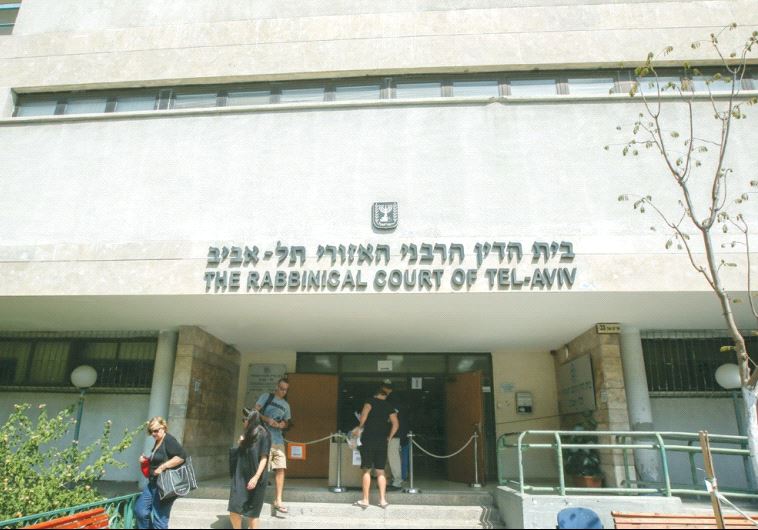Concerns of ‘political influence’ raised over new rabbinical judges panel member
Activists say Shas appointee Rachel Dotan is unknown to women’s rights groups
 THE RABBINICAL COURT of Tel Aviv(photo credit: MARC ISRAEL SELLEM/THE JERUSALEM POST)Updated:
THE RABBINICAL COURT of Tel Aviv(photo credit: MARC ISRAEL SELLEM/THE JERUSALEM POST)Updated: